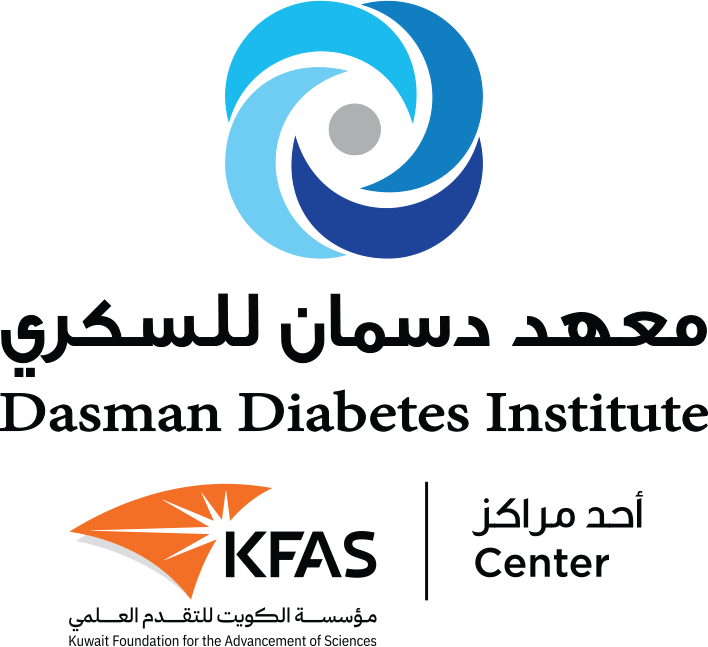Explore the most recent advances in the world of diabetes and its associated complications published in high impact journals and presented at international conferences.
Heritability and Metabolic Traits – Research during 2020 in a glance
Published on 15/01/2021
Number, Impact factor, and citations of DDI’s published articles have increased significantly during 2020 as compared to previous years.

Here we highlight some of the published work in the department of Genetics and Bioinformatics:
HERITABILITY AND METABOLIC TRAITS
A new swirl in metabolic disorder’s etiology in Arab population.
The post-oil rich era of Arabian Peninsula rapidly changed the lifestyles of its inhabitants and resulted in increased prevalence of metabolic disorders in Arab population.
Researchers from the Department of Genetics & Bioinformatics examined variations in the entire genomes of approximately 3000 individuals of Arab ethnicity from Kuwait and delineated risk genes involved in the etiology of metabolic disorders1. Their investigation highlighted ‘novel’ or ‘established’ risk variants for metabolic traits from nine genes (BUD13, CETP, CSMD1, DYRK1A, HERPUD1, INTS10, LPL, [LOC105377613, LOC105377614] and RTN4) used to diagnose individuals for metabolic disorders.

They further examined the extent of transferability of ‘established’ risk variants from continental populations to the Arab population. The study deciphered that ~5% of the risk variants found from global large-scale studies are transferable to Arabs. They recently published this work in the journal of ‘Human Genetics’.
“Extending this study to a larger cohort would pave the way for studying the impact of ‘rare’ variants
in modulating metabolic traits variance and gather precise heritability estimation of these variances” says Dr. Alphonse Thangavel, Principal Scientist.
“The current pharmacological approaches to treat metabolic disorders are of inadequate efficacy in Arabs. For example, nearly two-thirds of Gulf region patients suffering from dyslipidemia and diabetes have uncontrolled lipid and glycemic levels. It is highly possible that we may help to identify drug targets for metabolic disorders appropriate for Arab population if this type of research is continued in much larger
cohort of Arabs” says Prashantha Hebbar, Senior Research Associate.

says Prof. Fahd Al-Mulla, who is excited about the clinical implications of the study and its application in translational medicine in the Middle East.

https://www.natureasia.com/en/nmiddleeast/article/10.1038/nmiddleeast.2020.96
Hebbar et al., Genome-wide landscape establishes novel association signals for metabolic traits in the
Arab population. Human Genetics volume 140, pages505–528(2021).DOI: 10.1007/s00439-020-02222-7


